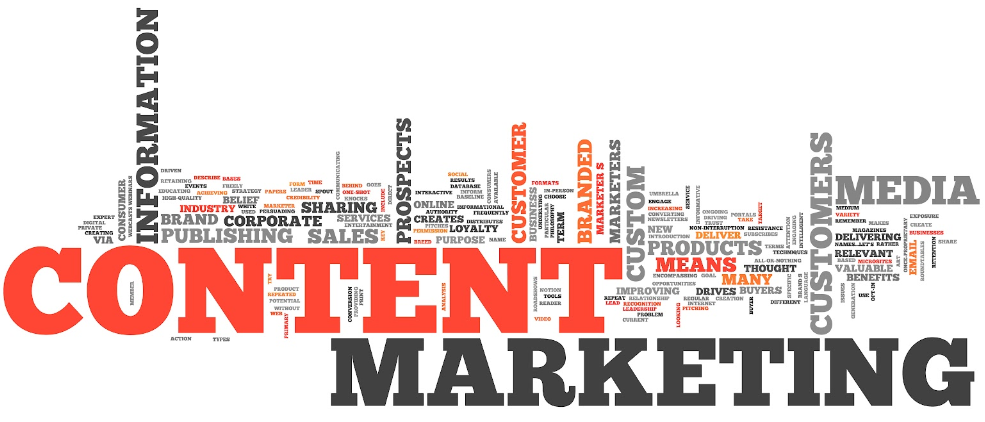Data analytics is the process of inspecting, transforming, cleansing, and modeling information with the intention of discovering helpful facts, supporting decision-making and suggesting conclusions. It is common in business, social sciences, and in science. Data analytics for the DoJ can be done with the intention discovering any hidden information.
Data mining is a kind of analysis technique that focuses on knowledge discovery for prediction purposes. On the other hand, business intelligence involves analysis concerned with the business information. In statistical applications, this kind of analysis can be classified into confirmatory analysis, descriptive statistics, and exploratory analysis. Explanatory analysis tries to discover new facts in particular information. Confirmatory analysis is commonly used to confirm a given hypothesis.
Statistical models are commonly used in predictive analytics for classification reasons. Text analytics applies linguistic, statistical, and structural techniques to acquire information from a given area hence classifying it. The process of getting raw figures and converting them so that they can be used for decision making is called data analysis. Collected and analyzed figures may be used for purposes like answering questions, disproving theories, and testing hypothesis.
This type of analysis is normally a long process and this why it is usually classified into various classes. The initial phase is all about the requirements of a given service seeker. During this phase, analysts determine the kind of information to collect. Experimental unit is a place from where information is collected. Analysts can decide to collect either categorical or numerical information. However, they should commence by finding out what type of information is required. In an organization, information may be collected from information technology personnel.
Other than from information technological personnel, analysts might also decide to gather information from devices such as satellites, traffic cameras, and other recording instruments. Accuracy of output will greatly depend on the methods of collection used and also the source from which the required information is collected from. Downloading information from the internet, reading documentations, and even conducting interviews are procedures commonly used when gathering information.
Collected information is finally processed. This is one of the most important phases, because without it, conclusion cannot be made. Various techniques may be applied during this phase so as to make sure that the desired results are achieved with minimal effort. Some experts place the gathered information into columns and rows for further analysis. This can be done in either a spreadsheet or statistical software.
Any information that has been organized or processed may contain errors, incomplete figures, or duplicates. Information cleaning phase helps in preventing and also correcting such errors. Common procedures performed during this phase are identifying quality, accuracy, and duplication of available information and record matching. This phase plays an essential role in enhancing the accuracy of the final outcome.
Exploratory analysis is another important phase because it helps in ensuring that message contained in unprocessed information is understood. During this stage, descriptive statistics like median or average can be generated so as to ensure the available figures are understood. Conclusions and recommendations are usually made after the processing process.
About the Author:
Discover how to assess data analytics for the DoJ by visiting our official website now. You can find the link right here on http://www.spahrsolutionsgroup.com/services.



Post A Comment:
0 comments:
Thanx for viewing us